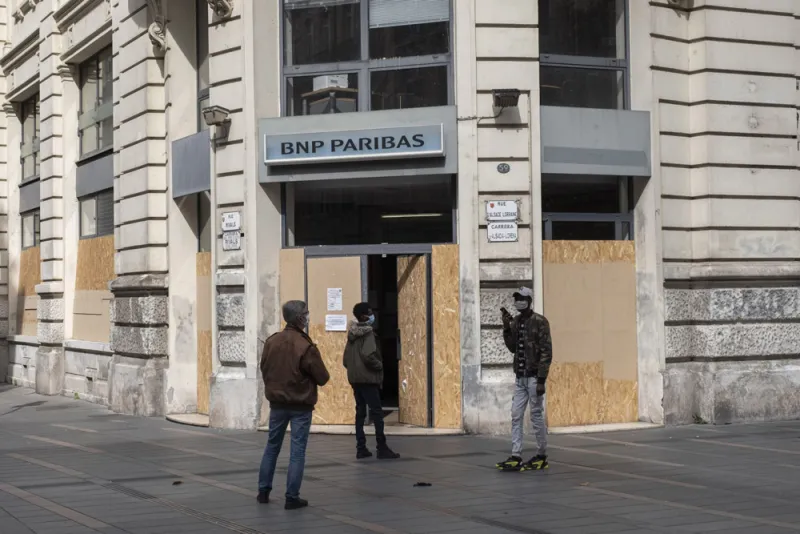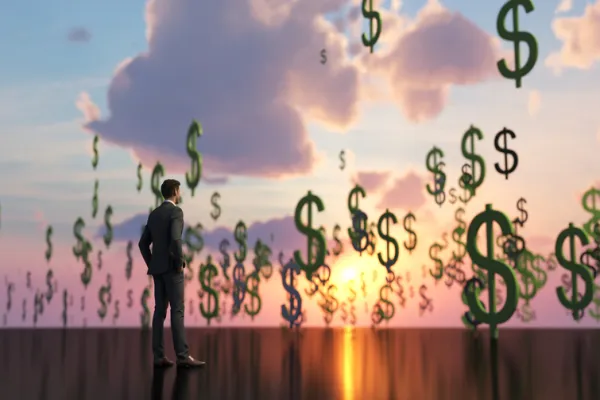Share buybacks should end as investors seek stronger footing with sustainable finance following the Covid-19 crisis, according to a leader in the asset management group of BNP Paribas.
“We need to leave share buybacks behind,” said Adam Kanzer, head of stewardship for the Americas at BNP Paribas Asset Management, during the bank’s sustainable finance event held online and by phone Tuesday. “Buybacks are simply too open to abuse, particularly when we need to be investing in resilience.”
In his view, short-term profits from buybacks may come at the expense of investments in the workforce or long-term business plans. For example, the largest U.S. airlines have spent 96 percent of their free cash flow on share buybacks over the past decade, according to Kanzer.
“They were then among the first in line for government handout when the revenue dried up due to the pandemic,” he said. “That, to me, doesn’t really sound like responsible management of your balance sheet.”
Kanzer said he recognized his message is likely to be “pretty unpopular,” pointing to the “cheerleaders” on both sides of share buybacks: the investors and corporate managers. “This is why it’s so difficult to set this behind,” he said.
Share buybacks are symbolic of the lingering focus on shareholder primacy that’s “rhetorically” been set aside so many times, according to Kanzer. He said the behavior “highlights our need to rethink capital allocation.”
[II Deep Dive: JPMorgan Warns Investors to Brace for ‘Serious’ Problem of Surging Federal Debt]
AQR Capital Management co-founder Cliff Asness has pushed back at critics of share buybacks who view them coming at the expense of new investment. In a paper entitled “Buyback Derangement Syndrome” that ran in the Journal of Portfolio Management in 2018, Asness and his co-authors argued that paying back free cash flow does not stifle investment activity in aggregate.
As for behaviors that investors should embrace coming out of the pandemic, Kanzer said it’s important to be more pro-active in influencing sustainable behaviors.
“We are in the midst of several global crises,” including climate, a collapse in biodiversity, and social inequality, according to Kanzer. “If we don’t embrace our role as future makers, we’ll be forced to take a future that none of our clients want.”







